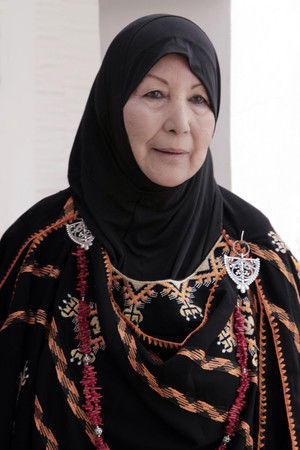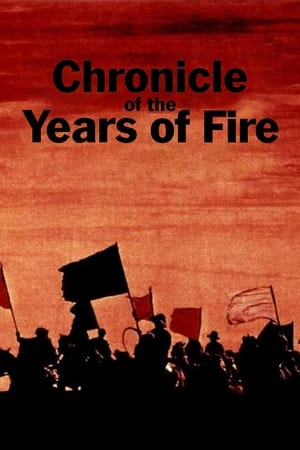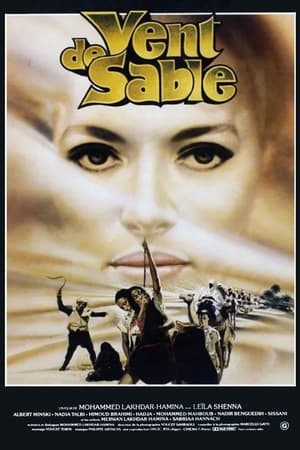
Nadia Talbi
Biography: Biography not available
Place of Birth: Not available
Birthday: July 30, 1944
Deathday: N/A
Popularity:
Known For

Chronicle of the Years of Fire
1975-11-26
Chronicle of the Years of Fire

Overview: A meticulous chronicle of the evolution of the Algerian national movement from 1939 until the outbreak of the revolution on November 1, 1954, the film unequivocally demonstrates that the "Algerian War" is not an accident of history, but a slow process of suffering and warlike revolts, uninterrupted, from the start of colonization in 1830, until this "Red All Saints' Day" of November 1, 1954. At its center, Ahmed gradually awakens to political awareness against colonization, under the gaze of his son, a symbol of the new Algeria, and that of Miloud, half-mad haranguer, half-prophet, incarnation of Popular memory of the revolt, the liberation of Algeria and its people.
Genres: Drama War History
Original Language: ar
Release Date: 1975-11-26
Popularity:

Sandstorm
1982-04-04
Sandstorm

Overview: Seen right through the sandstorms that rack the lives of a tribe living on a desert oasis, is a subtle and not-so-subtle mistreatment of the female members of the tribe - tribal chiefs have the right to be the first to deflower virgins, and single or widowed mothers must walk a narrow line of behavior restrictions that do not apply to their male counterparts. Both genders, however, fight the brunt of the harsh desert winds together.
Genres: Drama
Original Language: ar
Release Date: 1982-04-04
Popularity:

Mista
2014-06-04
Mista

Overview:
Genres: No genres available
Original Language: fr
Release Date: 2014-06-04
Popularity: